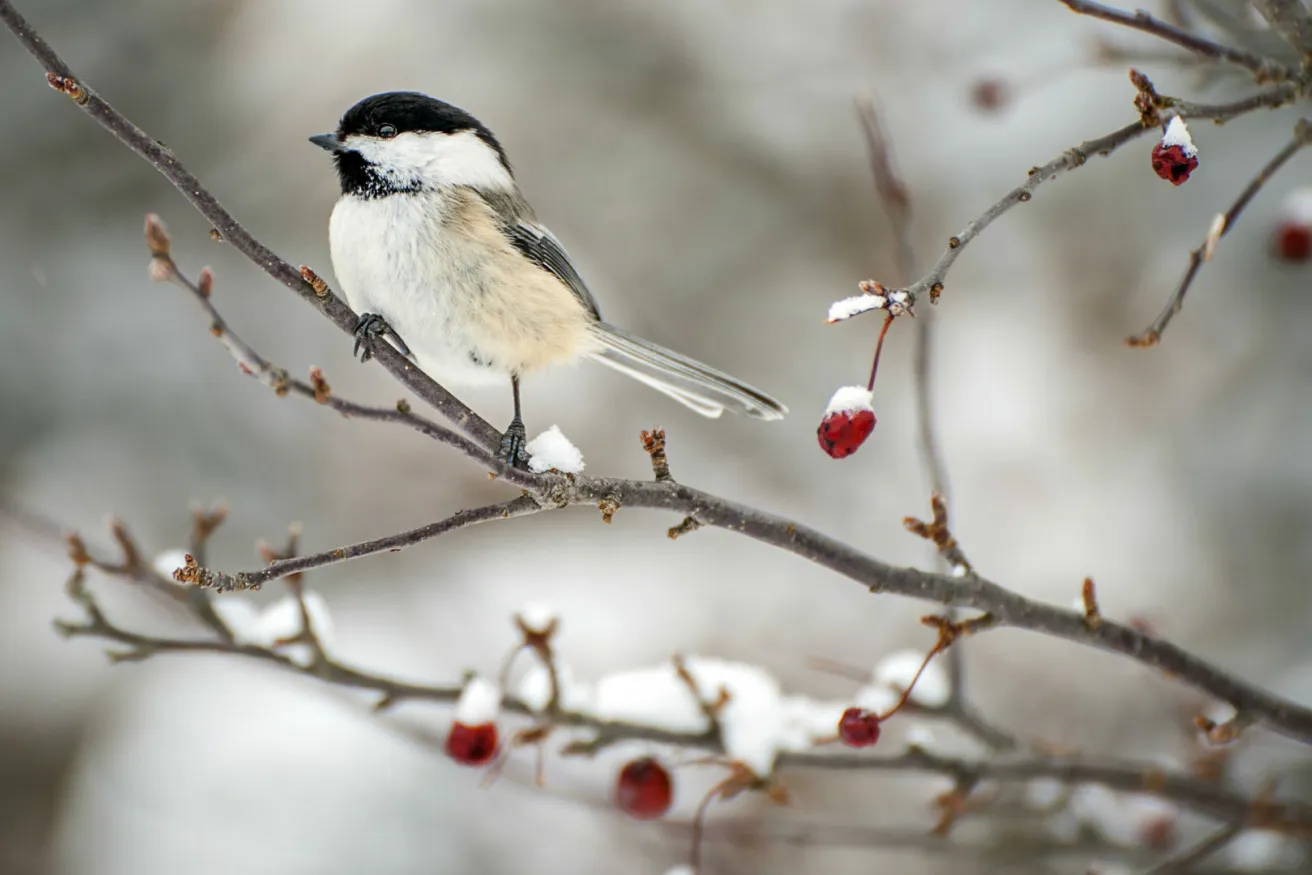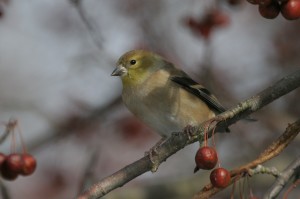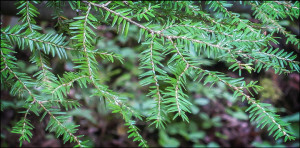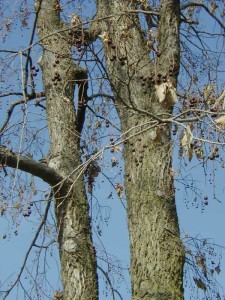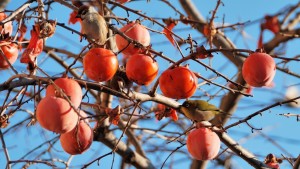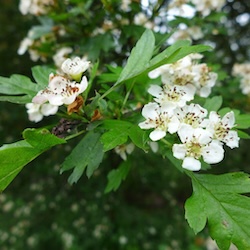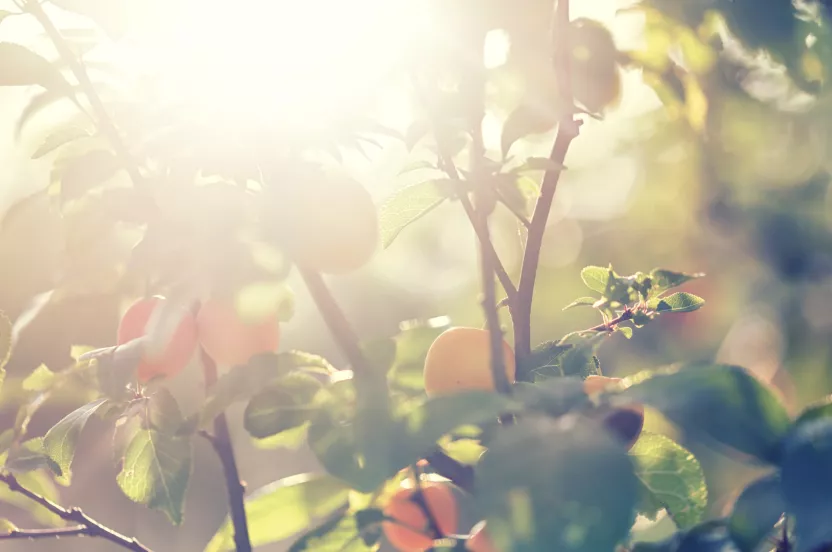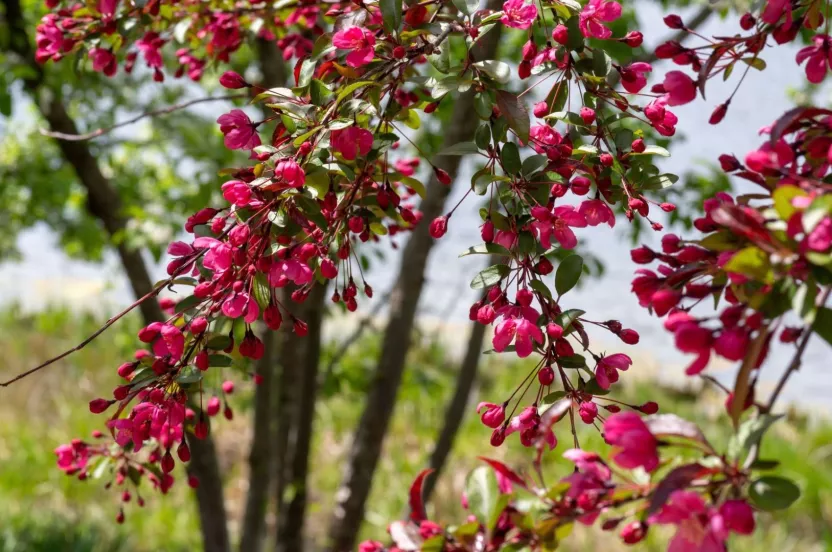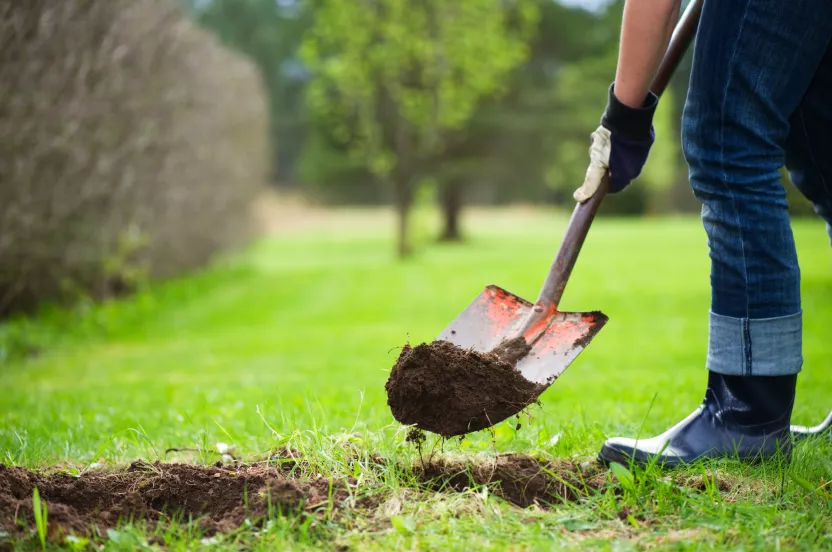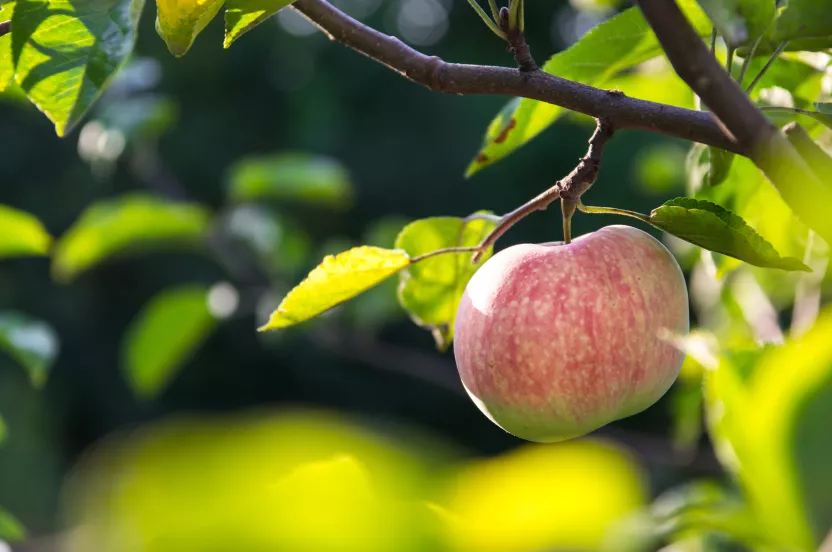Now live: The 2025 Canopy Report. Learn how Americans see trees. GET THE REPORT
Here are five trees that help make life a bit better for our feathered and furry friends during these harsh winter months.
Snowdrift Crabapple (Malus ‘Snowdrift’) - These beautiful trees will stun you with their Spring display, then stun you again with their fall color, then top it off by bringing an incredible variety of birds, including bluebirds and thrushes, to your yard throughout the winter. Fun fact: There are over 800 different crabapple cultivars.
Canadian Hemlock (Tsuga canadensis) – This hemlock provides a cozy home for winter wildlife along with putting dinner on the table. Some of the many species that will show up to enjoy this tree with you are juncos and chickadees, as well as other small mammals.
Hackberry (Celtis occidentalis) – Hackberry fruit can be counted on to be popular with winter birds, especially the cedar waxwing, mockingbird and robin. In other seasons the tree also attracts butterfly species including American snout, comma, hackberry, mourning cloak, tawny emperor and question mark.
Persimmon (Diospyros virginiana) – Foxes and raccoons are among the many small mammals that enjoy finding Persimmon fruit in the winter. Persimmon fruit doubles as a tasty treat for you and your family. Check out all these great recipes.
Washington Hawthorn (Crataegus phaenopyrum)– The Washington hawthorn is a small, colorful tree that will brighten any landscape. Its pleasant display begins with reddish-purple leaves emerging in spring, then turning dark green as they are joined by a graceful display of white flowers. In autumn, the leaves turn orange, scarlet or purple. Red berries extend the colorful show into winter, often contrasting beautifully with the first winter snow and attracting wildlife that love to feast on the fruit throughout winter months.
Do you have other suggestions? Tell us about them on our Facebook.
